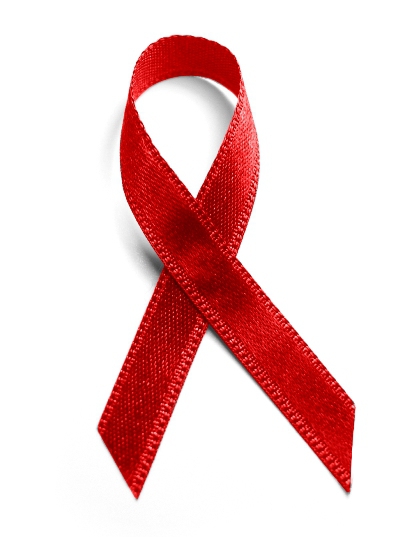
HIV was first discovered 30 years ago, and since then, there have been more than 30 million fatalities. According to the UN, HIV infects 7,000 people a day.
Before medication was made available, HIV/AIDS took lives rapidly. By the ‘90s, antiretrovirals helped make HIV a more manageable illness that could be lived with for decades. But the drugs are expensive, costing $13 billion dollars in developing countries alone.
Scientists are amazed by the man they’re calling the “Berlin patient.” Timothy Ray Brown suffered from leukemia and HIV in 2007, before undergoing a bone marrow transplant. When he recovered, his HIV had disappeared. The bone marrow came from a man who was immune to HIV, which one percent of Caucasians are.
“He has no replicating virus and he isn’t taking any medication. And he will now probably have no problems with HIV,” said Brown’s doctor, Gero Huetter.
Brown, who is alive and well after the transplant, has simply said, “It makes me very happy.”
Although the Berlin patient has been functionally cured of HIV, doctors are quick to point out that bone marrow transplants can be fatal, and there’s no way that Brown’s treatment could be applied to the 33.3 million people living with HIV around the world.
Still, the discovery and Brown’s miraculous recovery have encouraged researchers and have brought us one step closer to finding a cure.
 Why you can trust Xtra
Why you can trust Xtra


